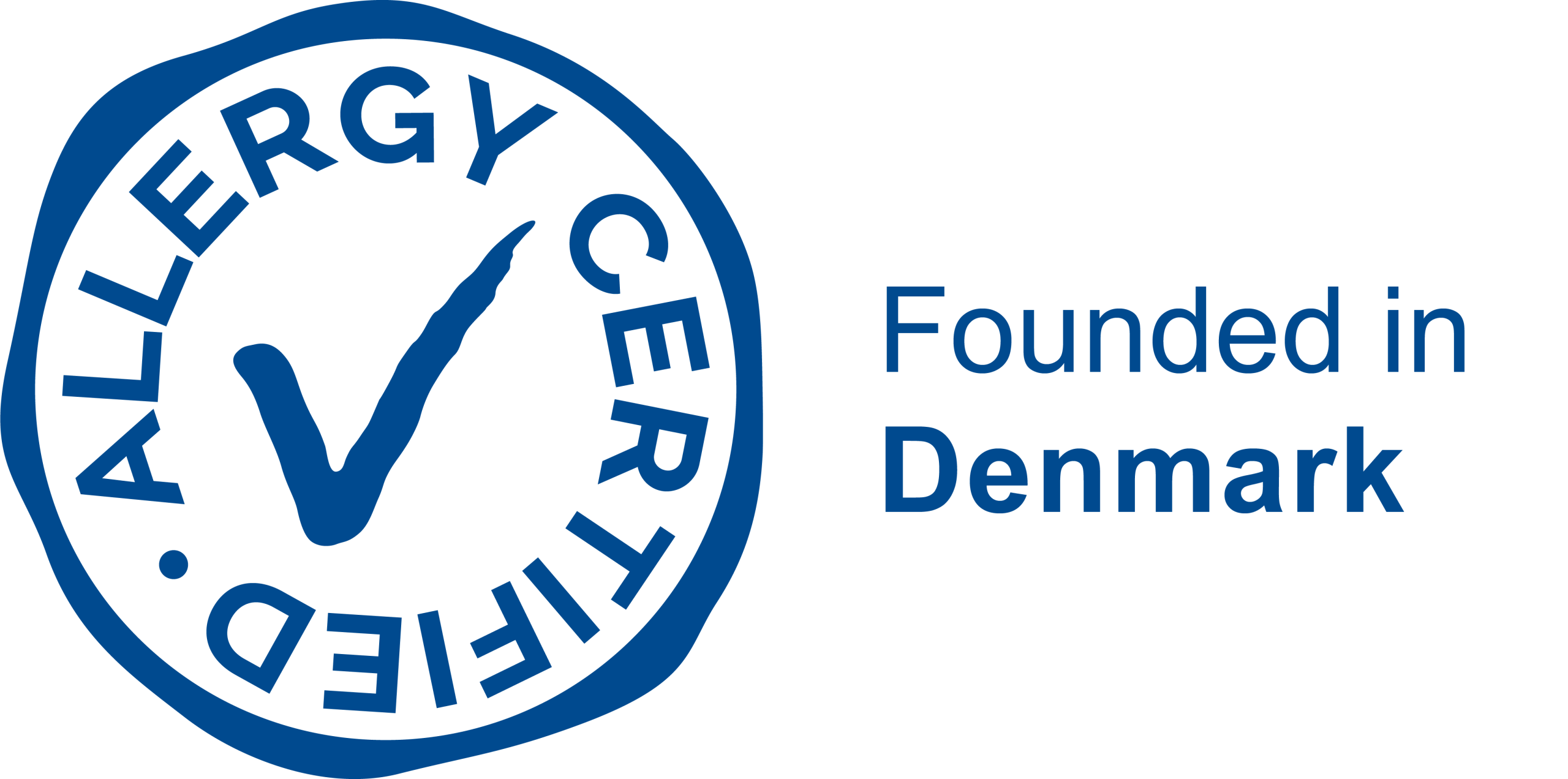Disinfectant or Not?

By Helle Forum, author
A little while ago, Ewa Daniel from AllergyCertified, recommended the use of disinfectant as an alternative to hand washing, especially in winter, where the skin tends to become very dry.
It got me in the ink house – I care, as anyone will know, a lot for all our microbiomes, including those of the skin. And there is one thing that microbiome-savvy scientists are getting into, is to get people to stop exercising excessive cleanliness, including disinfecting – partly because it risks impoverishing our natural, also protective, microbiome, partly because, in the long run, it risks disposing of resistant bacteria. Disinefctant use is relevant for people working in the healthcare arena, but should also be reserved for use here.
Therefore, I cannot see a general recommendation of using disinfectant without feeling called to respond.
Ewa Daniel, in turn, could refer to German studies, which show that using hand sprays as an alternative to hand washing provides good results for people with hand eczema.
Here we stand, as I see it, by something very central: will a recommendation for sick skin automatically be relevant for / recommendable for healthy skin? So, would disinfectant rather than handwashing also be preferable if you do NOT have eczema problems?
I mean unequivocally no – and in this connection it is important to make clear that knowledge of the microbiome of the skin, like the importance of preserving the same, is of relatively new date. This means that this aspect has simply not yet been implemented in broader scientific circles and is therefore not included as a parameter in research contexts where it might otherwise be relevant. Such as the German studies.
The knowledge in the field we have today (and which are being expanded almost hour by hour through extensive research) is largely derived from the results that flowed from the international research project Human Microbiome Project, which ran from 2008 to 2013. Many studies were inherently limited in scope, so efforts are being made constantly over the years to repeat them in order to have the results confirmed on a larger scale.
The fact that much is still in process also means that the knowledge that is actually available is not yet fully incorporated into general knowledge / general recommendations, and it will probably take years before we reach it. But that, at least in my opinion, certainly does not mean that one should not take this into account.
AllergyCertifieds’ heartbeat is to take the big allergy epidemic we see in the western world seriously and enable consumers to make informed choices. Of course, this is both important and relevant, and that cannot be said enough.
But the knowledgeable microbiologist would probably note that one of the causes of the rapidly growing allergy problems is very likely to be the result of an impoverishment of our natural bacterial diversity.
Therefore, the logical consequence will also be first and foremost to prevent further impoverishment.
We need to learn that it is important to take good care of our natural skin microbiome, because it plays a vital role in skin health and balance. The microbes – largely bacteria – that are part of the natural skin microbiome are capable of maintaining an optimal pH value on the skin as well as producing a wide range of metabolic products (metabolites) that act as a form for what one might call popular skin care. These are important short-chain fatty acids, enzymes, peptides, vitamins, moisture factors … everything that is needed to ensure that the skin maintains a good and well-functioning barrier protection and can maintain a natural moist level.
Handwashing removes – but disinfectant kills. Therefore, not only will the latter be at risk of impoverishing the diversity of the microbiome, but also create an increased risk that opportunistic, pathogenic bacteria seize the opportunity and multiply.
All of this is part of what I more fully explain and perspective in my book Probiotics, a guide to your good bacteria. One of my own great inspirations has been the book “Missing Microbes” by the American professor and head of the “Human Microbiome Program” at New York University, Martin J. Blaser.
Should anyone want to know more about this fascinating area, his book is highly recommended.
